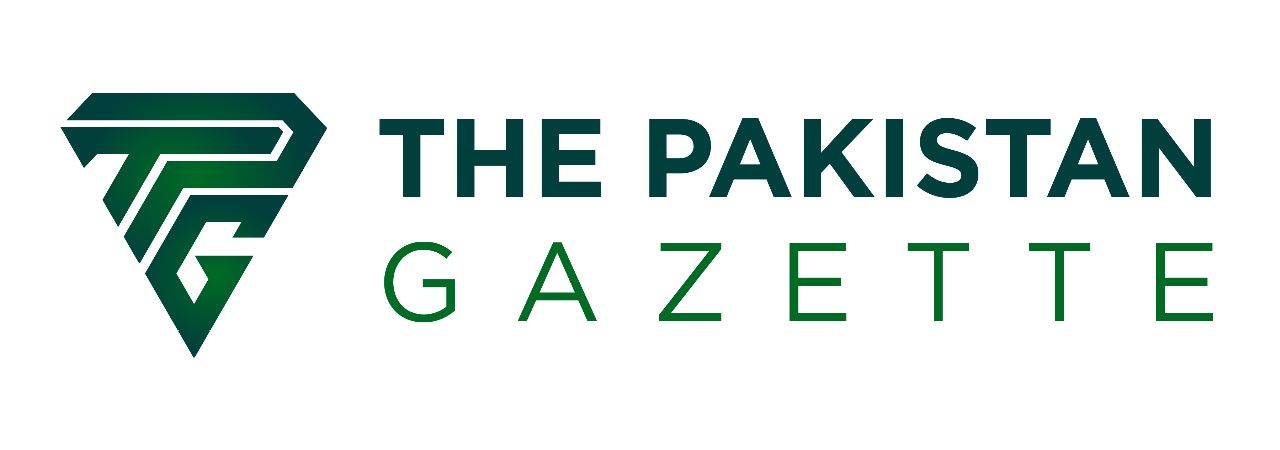
Artificial Intelligence: Latest Developments and Impacts on Jobs
Jobs and AI are closely related, and both have complex, wide-ranging effects on each other. While AI has the potential to eliminate jobs in some sectors, it can also open up new career opportunities and improve those that already exist. Understanding how AI might affect employment is crucial for businesses and policymakers, who can then devise plans to maximise the technology’s positive effects while minimising its drawbacks. Artificial intelligence (AI) is revolutionising every area of our life, including how we work and communicate. AI has the potential to automate numerous tasks due to its capacity for learning, reasoning, and decision-making. This would present both new opportunities and concerns for both organisations and employees.
Impacts of Artificial Intelligence (AI) on Jobs
AI has the potential to automate many tasks that are currently performed by humans, creating both new opportunities and new challenges for workers and businesses. Here are some of the impacts of AI on jobs:
Job Displacement: Routine and repetitive jobs that humans previously carried out could be automated with AI. For instance, robots and chatbots can take the position of assembly line workers and customer care agents, respectively. As a result, employees in these industries run the risk of losing their jobs. However, the impact of AI on job displacement is not uniform across all industries. Some industries may see an increase in job opportunities, while others may see a decline.
Conclusively, AI has the potential to automate many jobs that are currently performed by humans, including customer service, data entry, and manual labour. According to a report by the World Economic Forum, AI could displace 75 million jobs by 2022.
Skill Requirements: The rise of AI is also changing the skill requirements for many jobs. Jobs that require a high degree of routine and repetition may become automated, while jobs that require complex decision-making, creativity, and problem-solving skills may become more in demand. Workers may need to develop new skills to remain competitive in the job market. For example, data analysis, machine learning, and programming skills may become more in demand.
Conclusively, As AI transforms the job market, there is a growing skills gap between the skills that workers have and the skills that employers need. To stay relevant in the job market, workers need to develop new skills such as data analysis, machine learning, and programming.
New Job Opportunities: In some industries, AI may result in job displacement, but it can also open up new work opportunities. AI has the ability to both improve and generate new types of professions. For Instance, AI can improve the efficiency of supply chains, leading to new job opportunities in logistics and transportation. AI can also create new job opportunities in data analysis, machine learning, and robotics.
Conclusively, While AI may eliminate some jobs, it will also create new job opportunities in areas such as data analysis, machine learning, and robotics. According to the same report by the World Economic Forum, AI could create 133 million new jobs by 2022.
Economic Impact: The impact of AI on jobs also has an economic impact. AI has the potential to increase productivity and efficiency, leading to economic growth. However, the benefits of AI may not be evenly distributed. Some workers and industries may benefit more than others. It is important for policymakers to ensure that the benefits of AI are distributed fairly.
Bias and Discrimination: AI algorithms are only as good as the data they are trained on. If the data is biased or discriminatory, then the algorithm will be biased or discriminatory as well. This could lead to unintended consequences such as discrimination in hiring and lending.
Statistics Related to AI Impacts on Jobs
According to a report by the World Economic Forum, AI could displace 75 million jobs by 2022, but it could also create 133 million new jobs.
This statistic highlights the potential impact of AI on the job market. While AI may eliminate some jobs, it could also create new job opportunities in areas such as data analysis, machine learning, and robotics. It is important for workers and businesses to adapt to these changes in order to stay competitive and relevant.
According to a survey by Gartner, 37% of organizations have implemented AI in some form, and 64% of organizations plan to implement AI in the next year.
This statistic shows the growing adoption of AI by businesses. AI has the potential to increase efficiency, productivity, and profitability, making it an attractive investment for businesses of all sizes. It is important for businesses to understand the potential risks and benefits of AI and to implement it in a responsible and ethical manner.
According to a report by McKinsey, up to $2.6 trillion in value could be unlocked by AI in marketing and sales alone.
This statistic highlights the potential economic benefits of AI. AI has the potential to unlock value by improving customer targeting, personalization, and engagement. It is important for businesses to explore the potential applications of AI in their industry and to invest in AI technologies that align with their strategic goals.
According to a survey by Deloitte, 61% of workers say that AI will have a positive impact on their job.
This statistic shows that many workers are optimistic about the potential impact of AI on their job. AI has the potential to automate repetitive tasks, freeing up workers to focus on more complex and creative tasks. However, it is important for workers to develop new skills and adapt to the changing job market in order to stay competitive and relevant.
According to a report by PwC, AI could contribute $15.7 trillion to the global economy by 2030.
This statistic highlights the potential economic impact of AI. AI has the potential to increase productivity, improve efficiency, and create new job opportunities, making it a key driver of economic growth. It is important for businesses and policymakers to invest in AI technologies and develop strategies to maximize the potential benefits of AI.
Latest Developments in Artificial Intelligence (AI)
Since its early stages, AI has advanced significantly. Artificial intelligence (AI) has made great strides in recent years, thanks to innovations in machine learning, natural language processing, computer vision, and robotics. Here are a few of the most recent advances in AI:
Natural Language Processing (NLP): NLP is a branch of AI that focuses on the interactions between humans and computers using natural language. Recent advances in NLP have led to the development of chatbots, virtual assistants, and voice-controlled devices that can understand and respond to human speech.
Computer Vision: Computer vision is a field of AI that deals with teaching machines to interpret and understand visual information from the world around us. Recent advances in computer vision have led to the development of self-driving cars, facial recognition systems, and object detection algorithms.
Machine Learning: Machine learning is a subset of AI that involves training algorithms to learn from data and improve their performance over time. Recent advances in machine learning have led to the development of predictive analytics, personalized marketing, and fraud detection systems.
Robotics: Robotics is a branch of AI that deals with the design, construction, and operation of robots. Recent advances in robotics have led to the development of autonomous drones, surgical robots, and warehouse robots.
Conclusion
AI is transforming every aspect of our lives, including the job market. While it has the potential to automate many jobs, it will also create new job opportunities and increase productivity. However, the effects of AI on the workforce are not without challenges, such as job losses, a skills gap, and the possibility of bias and discrimination. It’s critical for both employees and businesses to be updated about AI technology’s advancements and to adjust to the shifting nature of the labour market.
Admin at The Pakistan Gazette

